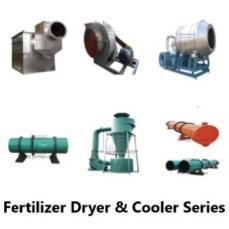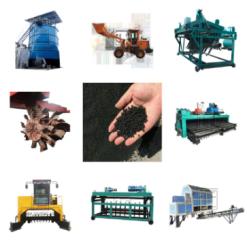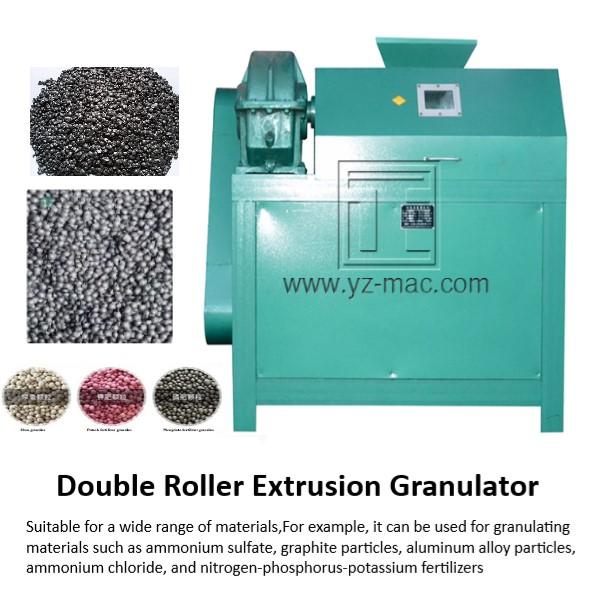Industrial compost making
Industrial compost making is a comprehensive process that efficiently converts large volumes of organic waste into high-quality compost. With advanced technologies and specialized equipment, industrial-scale composting facilities can handle substantial amounts of organic waste and produce compost on a significant scale.
Compost Feedstock Preparation:
Industrial compost making begins with the preparation of compost feedstock. Organic waste materials such as food scraps, yard trimmings, agricultural residues, and livestock manure are collected and processed to remove contaminants like plastic, metals, and non-biodegradable materials. The feedstock is then sorted and shredded to achieve consistent particle size, facilitating efficient composting.
Large-Scale Composting Systems:
Industrial compost making relies on large-scale composting systems that provide controlled environments for decomposition. These systems may include:
Aerated Static Pile Systems: Compost piles are built in designated areas and periodically turned to ensure proper aeration and moisture distribution. Aeration systems, such as blowers and pipes, deliver oxygen to enhance microbial activity and accelerate the composting process.
In-Vessel Composting: Organic waste is enclosed within containers or vessels that allow for precise control of temperature, moisture, and aeration. The materials undergo decomposition in a controlled environment, resulting in faster and more efficient composting.
Windrow Composting: Long, narrow piles or windrows are created, and the compost is periodically turned using specialized equipment. This method promotes aerobic decomposition and effective heat generation, facilitating faster breakdown of organic matter.
Benefits of Industrial Compost Making:
Waste Diversion and Environmental Sustainability: Industrial compost making plays a crucial role in diverting organic waste from landfills, reducing methane emissions, and minimizing environmental pollution. By recycling organic waste into compost, valuable resources are recovered and reused in an environmentally sustainable manner.
High-Quality Compost Production: Industrial compost making processes are designed to produce high-quality compost that meets industry standards. The controlled environments, precise management of factors such as temperature and moisture, and efficient processing techniques result in a consistent, nutrient-rich compost product.
Soil Health and Agricultural Applications: The use of industrial compost enhances soil health, promotes fertility, and improves crop productivity. Compost is applied to agricultural lands, gardens, parks, and landscaping projects, enriching the soil with organic matter, enhancing moisture retention, and providing essential nutrients to support plant growth.
Circular Economy and Resource Efficiency: Industrial compost making aligns with the principles of the circular economy by closing the loop on organic waste. It transforms waste materials into a valuable resource that can be reused to improve soil health and agricultural productivity, reducing reliance on chemical fertilizers and promoting sustainable resource management.
Industrial compost making is a vital component of sustainable waste management practices. With advanced technologies and large-scale composting systems, industrial facilities efficiently process significant volumes of organic waste to produce high-quality compost. The process diverts waste from landfills, reduces environmental impact, and creates valuable compost that enhances soil health and supports agricultural applications.






